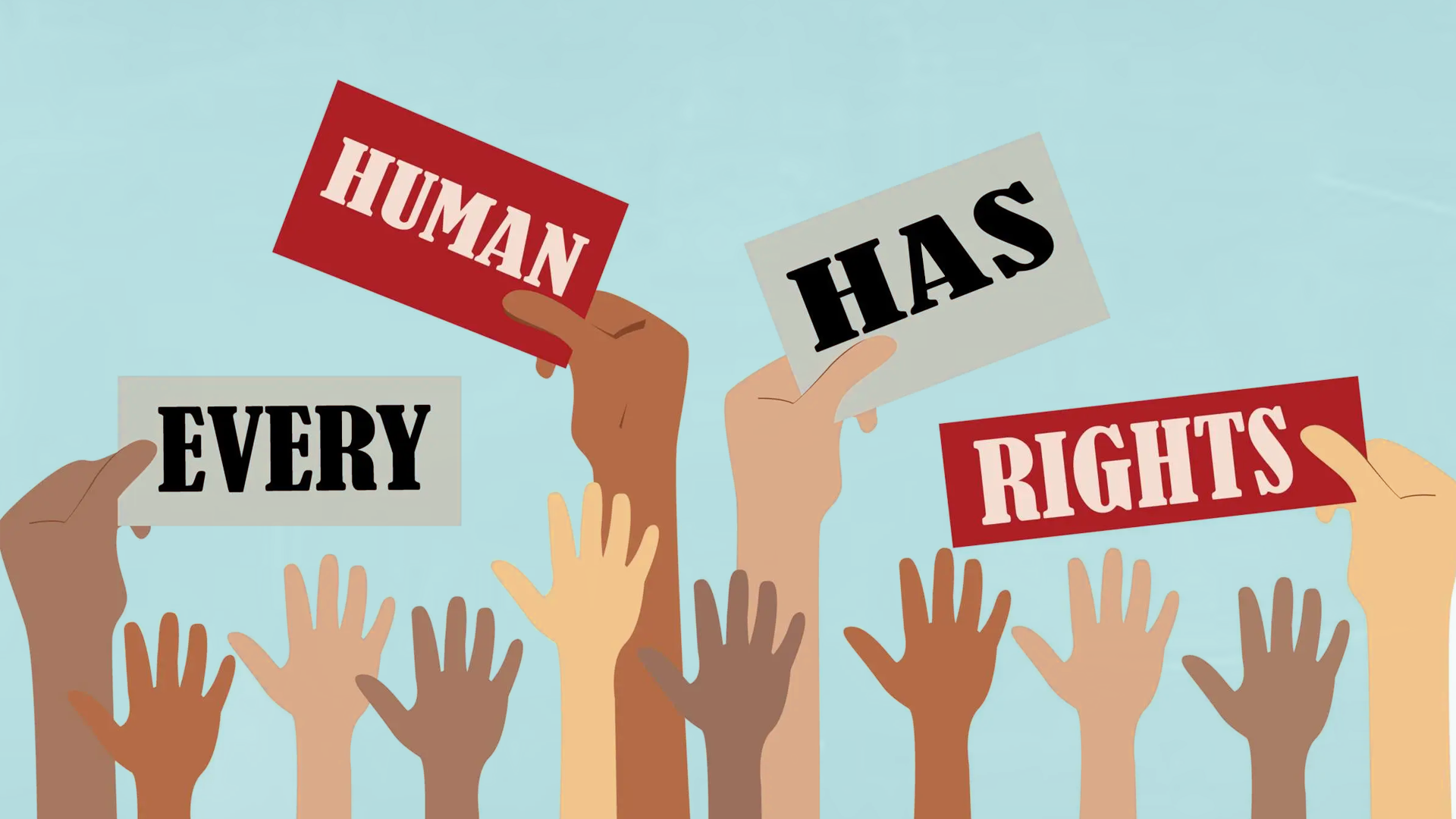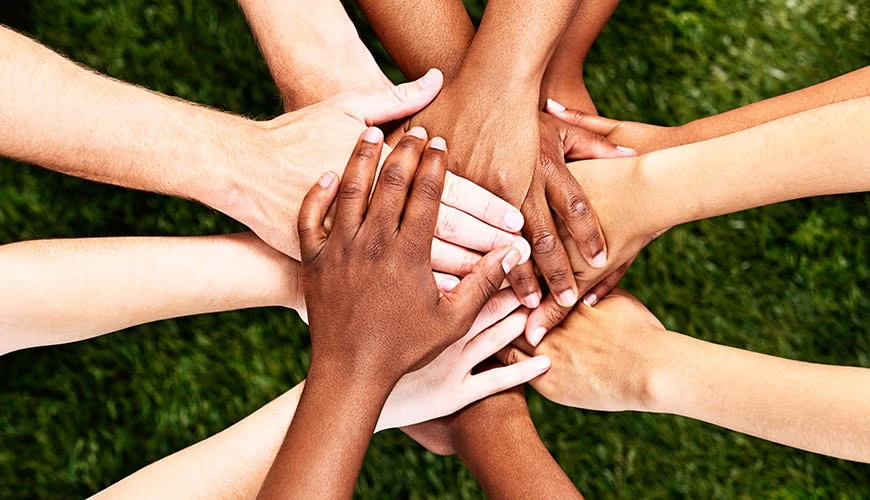Human Rights

The Universal Declaration of Human Rights (UDHR) is one of the most important documents ever written.
The Dive
What if every human being on Earth had the same basic rights—no matter where they were born, what they believed, or who they were? That idea became a global promise in 1948, with the creation of the Universal Declaration of Human Rights. They're not privileges for a few—they're for everyone, just because we’re human. That means we all have the right to live free from violence, to express our ideas, to go to school, to be treated equally, and to feel safe in our own skin.
Throughout history, those rights have often been ignored or denied. Wars, discrimination, poverty, and abuse have led to people being silenced, excluded, or hurt just for being who they are. After the horrors of World War II, leaders from around the world wanted to create a global set of rules to make sure such destruction would never happen again. So in 1948, they came together in Paris and adopted the Universal Declaration of Human Rights, which promised rights and freedoms to everyone—no matter where they live or what government they live under.
People should be free to think, speak, and believe what they want. Human rights help create a world where people are treated fairly, protected by law, and able to live full lives. These rights include things like the right to education, freedom of speech, access to healthcare, and protection from slavery and torture. They also include the right to participate in government, practice your religion, and live without fear of persecution.
Protecting human rights means standing up when we see injustice. It means learning about the rights of others, noticing when those rights are threatened, and speaking out when people are treated unfairly. It also means recognizing that our own rights come with responsibilities—to respect and defend the rights of others.
Every person, from every country, culture, and community, has these rights. They're universal. And while governments and organizations play a big role in protecting them, everyday people—like you—make a huge difference. From students to teachers, workers to artists, when people understand and defend human rights, they make the world better for everyone.
Learning about human rights helps us notice injustice more clearly and ask smarter questions: Is this fair? Who is being left out? What can I do? That kind of thinking leads to action—and action leads to change. So whether you're reading a book about civil rights, joining a community event, or just listening carefully to someone's story, you’re already on the path to becoming a human rights defender. And the more we all take part, the closer we get to a world that lives up to the promise of freedom, dignity, and justice for all.
Why It Matters
Human rights are the building blocks of a just and thriving society. Every person deserves to be treated with dignity, no matter where they come from. Justice and freedom aren’t just ideas—they’re rights worth protecting. Learning about human rights helps young people become thoughtful, compassionate citizens who speak up for fairness and equality for all. When rights are respected, people can live, learn, and thrive. When they're denied, entire communities suffer. That’s why understanding human rights and taking action to protect them is one of the most important responsibilities we all share. Because the future depends on how we treat each other today.
?
What does it mean to say that human rights are 'universal'?
Why do you think human rights need to be protected—not just promised?
What can happen when people are denied their basic rights?
How can young people help stand up for human rights?
Can you think of a time in history when people fought for their rights—and won?
What rights are most important to you, and why?
Dig Deeper
This animated video explains what the UDHR is and why it matters. A great introduction to understand basic human rights.
Related

The Encomienda System: Empire, Labor, and the Roots of Colonial Slavery
The encomienda system promised 'protection' and Christianization. What it delivered was forced labor, cultural erasure, and the blueprint for slavery in the Americas.

The Emancipation Proclamation & The 13th Amendment
Freedom on paper is one thing; freedom in practice is another. The Emancipation Proclamation and the 13th Amendment were giant leaps toward liberty—yet the road ahead for formerly enslaved people was long and uneven.

MLK the Disrupter and the Poor People’s Campaign
Dr. Martin Luther King Jr.’s final chapter was about more than civil rights—it was a bold demand for economic justice that challenged the nation’s values at their core.
Further Reading
Stay curious!
